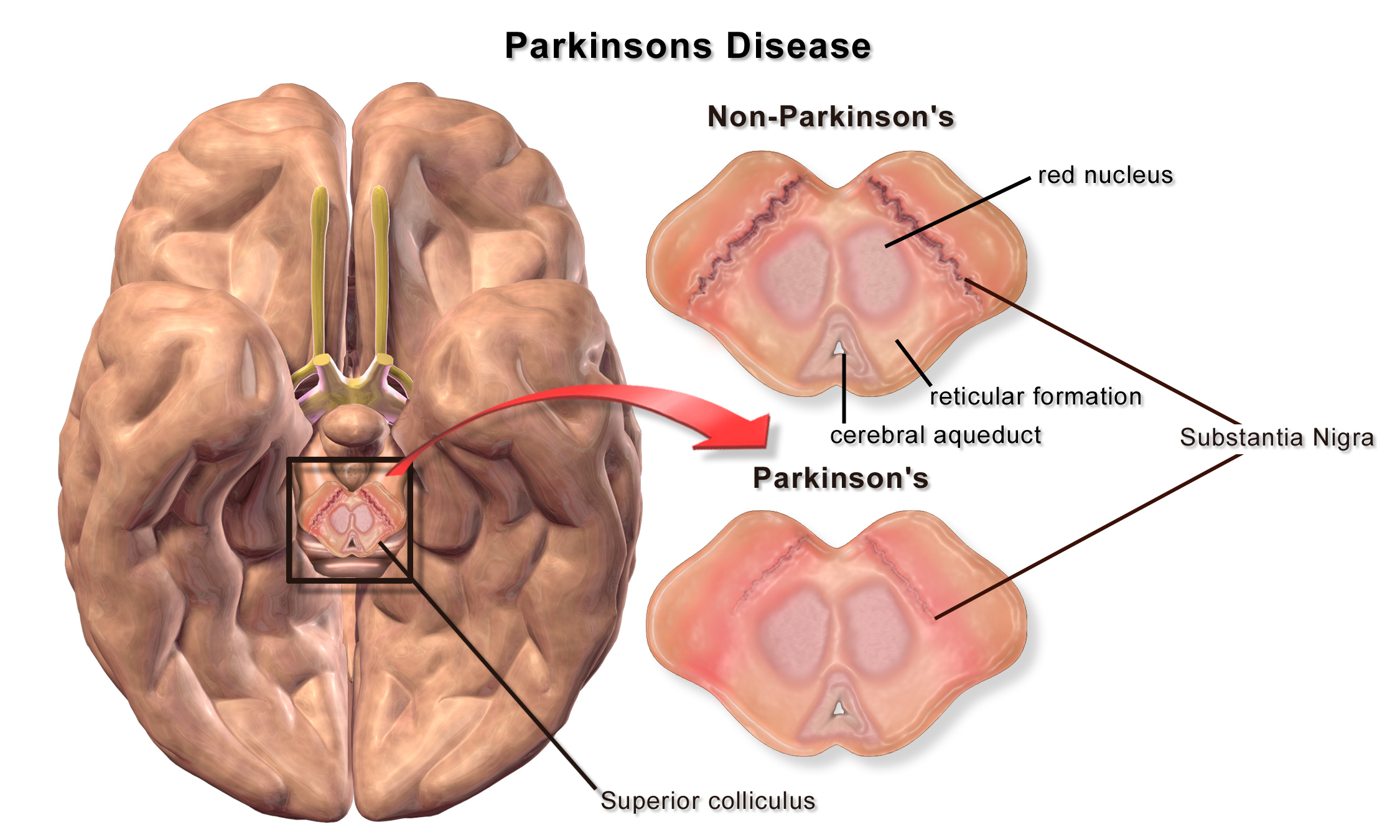
Veterans who served in Vietnam, Korea, or Thailand may have been exposed to Agent Orange. Agent Orange is a chemical defoliant that the US military used during the Vietnam War to remove foliage that provided cover for the enemy. The negative side effects of Agent Orange exposure are widely publicized, and many Veterans who were subject to Agent Orange are dealing with consequences today.
In fact, the disabilities Veterans are dealing with today due to Agent Orange exposure are so prominent that the Department of Veterans Affairs (VA) created a list of illnesses they presumed to be caused by the herbicide. One of those illnesses is Parkinson’s disease.
Parkinson’s is defined by Mayo Clinic as “a progressive nervous system disorder that affects movement.” Like most nervous system disorders, Parkinson’s disease progresses over time and can get worse quickly. Currently, there is no known cure for Parkinson’s. However, medications can help improve symptoms effectively.
Parkinson’s occurs when neurons in the brain gradually break down or die. Because neurons are no longer producing the correct amount of dopamine, there is abnormal brain activity which can lead to the symptoms associated with Parkinson’s disease.
The symptoms of Parkinson’s can vary and may be different for each person. According to Mayo Clinic, the most common symptoms associated with Parkinson’s disease include:
Parkinson’s can also lead to a variety of different complications, which may or may not be treatable. Mayo Clinic lists the following Parkinson’s complications:
Right now, the direct cause of Parkinson’s disease is not fully understood. Mayo Clinic notes that Parkinson’s may be caused by genes or environmental triggers, such as toxins or chemicals like Agent Orange. The VA states there is “evidence that exposure to Agent Orange and other herbicides used during the Vietnam War is associated with an increased chance of developing Parkinson’s disease.”
Veterans who were exposed to Agent Orange while in service are entitled to disability compensation for their disabilities. To be eligible, a Veteran must have served in Vietnam, the Korean demilitarized zone, or another area where Agent Orange was sprayed.
Veterans can receive a minimum VA rating of 30% for Parkinson’s. However, Veterans are often entitled to a rating higher than 30%. If you would like to appeal your VA rating for Parkinson’s disease, contact Berry Law. Our team has helped thousands of Veterans successfully appeal their rating decision.
Veterans with Parkinson’s are likely also dealing with side effects that may be compensable by the VA. These are known as secondary conditions and are eligible for VA compensation. For example, one of the common complications associated with Parkinson’s is sleep apnea. Veterans can receive disability compensation for sleep apnea secondary to Parkinson’s disease if they are diagnosed with sleep apnea.
For most disabilities, a Veteran must prove 3 things for the VA to grant them service connection. A Veteran must prove:
Although this is the requirement for most disabilities, the VA does not require this for Parkinson’s related to Agent Orange exposure. In fact, the VA has more lenient standards for all presumptive conditions.
The VA only requires Veterans with Parkinson’s disease prove they were exposed to Agent Orange in-service because the condition is a presumptive illness for Agent Orange exposure.
Veterans who were diagnosed with Parkinson’s from Agent Orange exposure are entitled to disability compensation. If you applied for disability benefits and were denied or given a lower than expected rating, Berry Law can help you appeal.
As a firm founded by a Vietnam Veteran, we are dedicated to helping fellow Veterans in their fight for disability benefits. Berry Law has been named the Veterans Appeals Law Firm of the Year and was awarded the HIREVets Platinum Medallion Award for their commitment to hiring Veterans.
When you need assistance with your VA disability appeal, contact a team that is dedicated to serving Veterans. Contact Berry Law today for a free case evaluation.
Our monthly newsletter features about important and up-to-date veterans' law news, keeping you informed about the changes that matter.